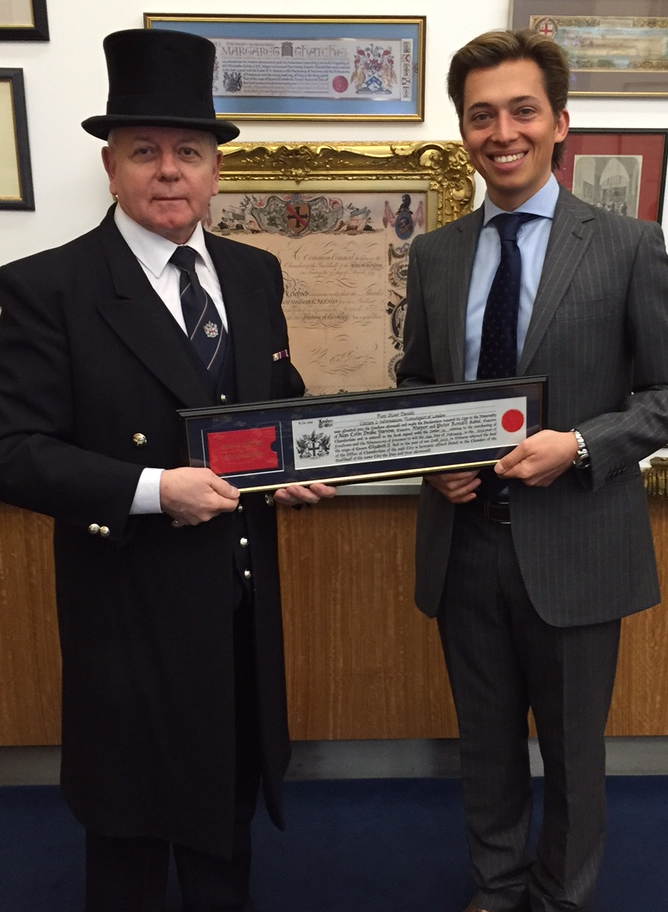I have been interested in the past few months on the increasing publicity around the growing divide in our country between the haves and the have-nots. Well actually the top 1% that has everything and the rest of us who apparently has very little. The economics say this is because we are too lenient on the tax affairs of the very rich and the concept that they spend money, or create jobs apparently doesn’t translate into more money for everyone else.
I understand the economics and the fact that a rich non-dom spending thousands on a Swiss made watch isn’t really helping someone living in the UK, but what I do have a problem with is the concept that a low tax model for the UK has somehow hindered our prospects as a nation. I think most people agree that it is our middle classes that make the biggest contribution to our nation in the form of tax receipts and spending, both of which are needed for our economy to grow. They are generally low users of the state and as such are the part of our society we need to focus on. I can’t believe that a competitive tax model for the middle classes won’t aid growth as people are not penalised for earning more and have more cash in which to spend.
I do believe however that someone paying the highest band of tax, let’s say 45% should be uniform so that anyone earning greater sums, but in different ways (dividends for example) all pay the same amount. So the high earner of the middle class isn’t overly penalised because they aren’t in a position to avoid tax like the high net worth’s. However if this was achieved I can’t see why a new average can’t be obtained and that the highest rate becomes a more palatable 30-40%. Surely with a more streamlined tax model this would have an impact to persuade the very rich not to overly invest in avoidance and help increase overall tax receipts.
As mentioned in a previous post I would also focus on increasing tax for spending, I think VAT is a brilliant method to collect tax as people have a choice as to what, and how much they spend their earnings on. It also has the ability to tax those with large disposable incomes more proportionally, even if they are classed as non-doms. It also has the ability to change the proportion of tax on the individual item so costs like food and energy can be kept lower to aid those with a lower income.
I think we need to have a much more healthy debate around tax and get away from the ambiguity that HMRC have managed to create with international businesses and non-doms, and bring in a uniform policy that affects the whole nation. Thus simplifying the process and hence aiding clarity on what is due and by who. That way the UK can start to address the growing divide and look to raise the prospects of those wanting to earn more without having to curtail the achievements of the very rich. Society in my view on the whole has moved a lot further on from the 60s and 70s when the divide was much smaller, even though the economists would argue people are in fact poorer today. Our expectations have grown, as there are more things in which people can now spend their money (and save it), so we need a tax policy in which reflects our changing demographic.




Leave a Reply